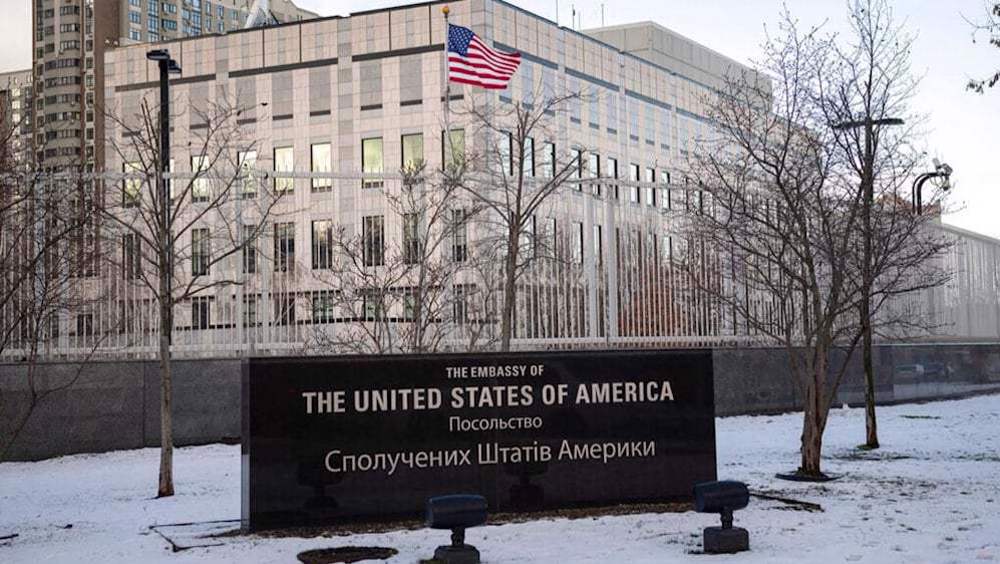US Supreme Court rejects Democrats’ voter intimidation dispute in Ohio
The US Supreme Court has denied a request by Democrats to allow watchers in Ohio to prevent what they call Election Day voter intimidation by Republicans.
Ohio Democrats had lodged a complaint that the campaign of Republican presidential nominee Donald Trump and his ally Roger Stone were seeking to engage in “harassing or intimidating conduct” at the polls on Election Day.
Following their complaint, US District Judge James Gwin issued an order on Friday, warning that anyone who hinders or delays a prospective voter from reaching the polling place and casting a ballot inside or near Ohio polling places would face contempt-of-court charges.
On Sunday, the Cincinnati-based 6th US Circuit Court of appeals removed the restrictions that Gwin had put in place, with its three-judge panel saying that Ohio Democrats did not show “a likelihood of success” on their case's merits.
The Democratic Party then told the US Supreme Court that the appellate judges ruled without reviewing “critical evidence” Gwin relied on, asking for renewing his ruling.
However, the Supreme Court on Monday refused to reimpose new restrictions, handing a victory to Trump in his battle with his Democratic rival Hillary Clinton.

Justice Ruth Bader Ginsburg said that intimidation in polling places could be handled under state law.
"Mindful that Ohio law proscribes voter intimidation ... 'Harassment in violation of the election law' includes an 'improper practice or attempt tending to obstruct, intimidate, or interfere with an elector in registering or voting at a place of registration or election,' I vote to deny the application," Ginsburg stated.

The tight race for the White House is coming to an end, with a new poll showing Clinton ahead of Trump by three percentage points nationally.
The final Bloomberg Politics-Selzer & Co poll released on Monday showed that Clinton led Trump, 44 percent to 41 percent.
Diplomat discourages recourse to pressure, intimidation, confrontation against Iran
UN: 2024 deadliest year for aid workers amid genocide in Gaza
Gaza health official warns of hospital shutdowns within 48 hours
Israel kills 5 more paramedics in southern Lebanon: Health ministry
Iran to launch ‘new, advanced’ centrifuges in response to IAEA resolution: AEOI
Yemen fires hypersonic missile at Israeli airbase
VIDEO | New Delhi chokes under toxic smog as air quality remains at hazardous levels
VIDEO | Press TV's news headlines












 This makes it easy to access the Press TV website
This makes it easy to access the Press TV website